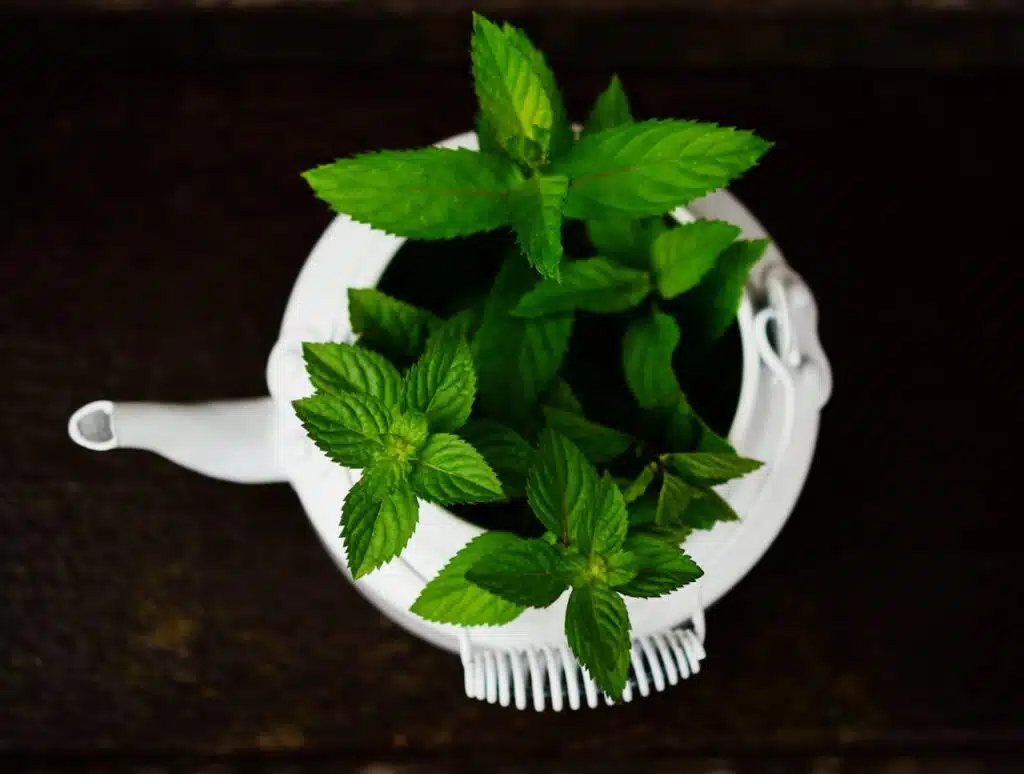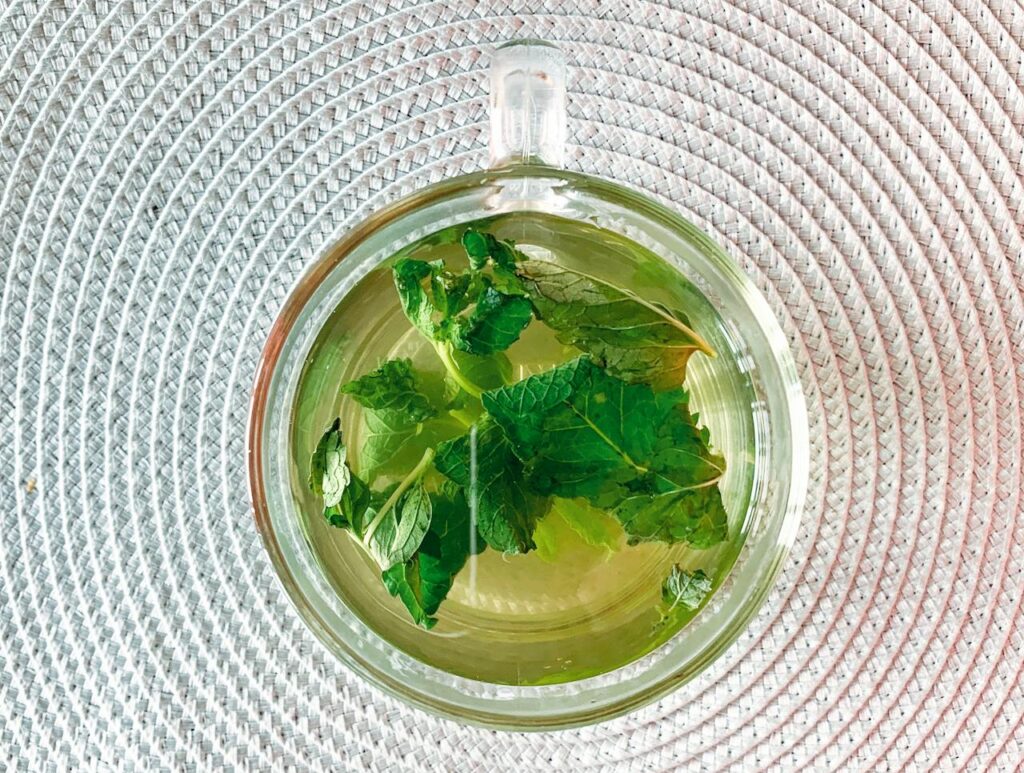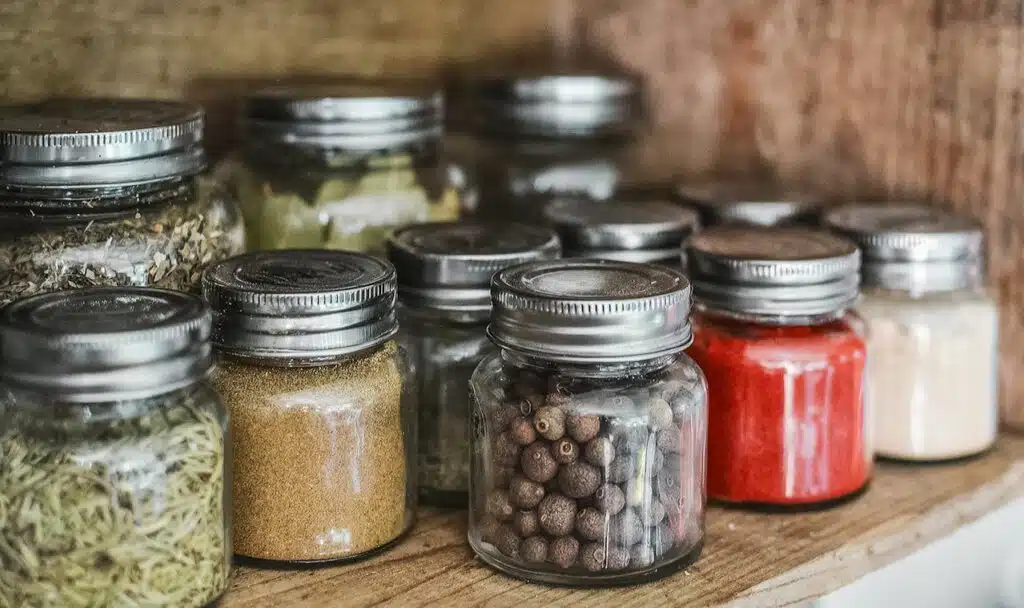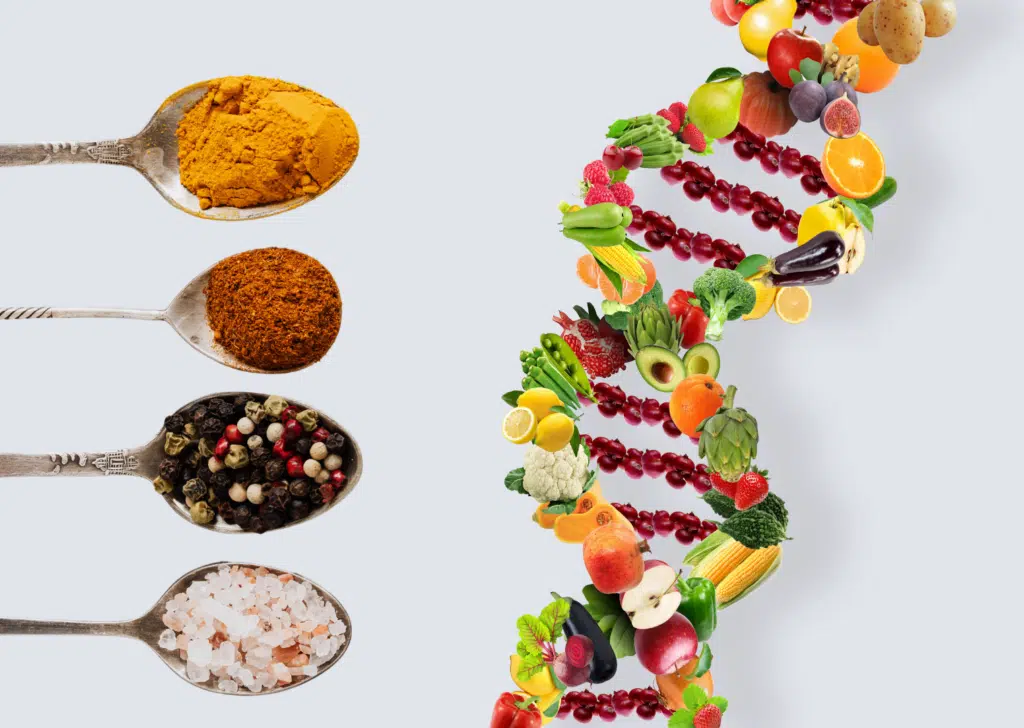For centuries, people all over the world have used herbs and spices not only to enhance food, but also to strengthen body and mind. Many of these natural helpers contain valuable ingredients that can have an anti-inflammatory, digestive or strengthening effect on the immune system. At a time when health and well-being are becoming increasingly important, it is worth taking a closer look at nature’s “medicine chest”.
Why herbs and spices are so valuable
Herbs and spices are far more than just flavorings in the kitchen. They contain a wealth of secondary plant substances, essential oils, vitamins and minerals that can have a variety of positive effects on the body. Some stimulate digestion, others have an anti-inflammatory effect or strengthen the immune system. Certain spices can also have a stabilizing effect on the cardiovascular system, while some herbs have a calming or even mood-enhancing effect. As they can be easily integrated into so many dishes and drinks, whether fresh in salads, smoothies, as teas or when seasoning food, they offer a simple and natural way to support health and well-being in everyday life.
Categories and their most important representatives
For stomach and digestion
- Peppermint: Relieves flatulence, has a relaxing effect on the stomach and refreshes the breath.
- Fennel seeds: Traditionally used for indigestion and bloating, also popular as a tea.
- Caraway: Promotes digestion and prevents flatulence, particularly effective in combination with cabbage dishes.
- Ginger: Stimulates the digestive juices, helps against nausea and has a warming effect.
- Coriander: Can improve fat digestion and has an antibacterial effect.


For colds and respiratory tract
- Thyme: Has a strong antibacterial and expectorant effect, ideal for coughs or bronchitis.
- Sage: Known for its soothing effect on the throat and pharynx, helpful for sore throats.
- Eucalyptus: Relieves respiratory problems thanks to its essential oils.
- Oregano: Antibacterial and antiviral, supports the immune system during infections.
For the cardiovascular system
- Garlic: lowers blood pressure, promotes blood circulation and strengthens the heart and blood vessels.
- Rosemary: Stimulates blood circulation, strengthens the circulatory system and has an invigorating effect.
- Cinnamon: Can regulate blood sugar levels and has a vasoprotective effect.
- Cardamom: Relaxes and aids digestion, while promoting heart health.


For the immune system
- Turmeric: Contains the active ingredient curcumin, which has an anti-inflammatory effect and strengthens the immune system.
- Parsley: Rich in vitamin C, supports the immune system and also has a diuretic effect.
- Basil: Has an antioxidant and antibacterial effect and boosts general well-being.
- Horseradish: Contains mustard oils that have an antibacterial effect and protect the mucous membranes.
For peace and balance
- Lavender: Calms the nervous system, promotes relaxation and restful sleep.
- Lemon balm: Alleviates inner restlessness, has a balancing effect and supports digestion.
- Chamomile: Soothing, anti-inflammatory and versatile, both internally and externally.

Practical tips for everyday life
Herbs and spices are most effective when used fresh and in high quality. Organic products are generally free from harmful residues and have a more intense flavor. If you want to take advantage of the full range of active ingredients, you should combine different herbs and spices to benefit not only from a more complex aroma, but also from a wider range of health benefits. Herbal teas are particularly recommended, as they offer a gentle and regular way of harnessing the power of plants. Homemade spice blends can also not only enrich the kitchen, but also provide targeted support for the body.
Conclusion
Herbs and spices are far more than just culinary companions, they are little health boosters that have been appreciated for thousands of years. Whether it’s basil in a tomato salad, thyme tea for colds, a piece of ginger in hot water or a pinch of cinnamon in your breakfast cereal: even small habits can have a big impact on your well-being. If you consciously use the power of nature, you can promote your health in a simple and enjoyable way.
Epigenetics and Nutrition: How Diet Affects Your Health
Are you curious about how your eating habits can change not only your body but also your genes? Find out more about the benefits of epigenetic nutrition and how to implement the diet. Epigenetics and Nutrition: understanding the connection Our DNA consists of up to 25,000 genes. These genes are essentially the blueprint for our […]
Intestinal health – The power of the Microbiome
A healthy and functioning gut is the foundation of our well-being. When the gut and its microbiome is out of balance, it can show up on many levels. Pain, intolerances, and even psychological impairments like depression are related. Find out what the microbiome is, why keeping it healthy is important, and what you can do about it in this post.
Micronutrients
In addition to macronutrients (carbohydrates, proteins and fats), the body needs a variety of other nutrients. Many of these “micros” cannot be produced by the body itself. Therefore, we need to take them in regularly with our food. We will look at what micronutrients are and why they are so important for our health. Click […]





